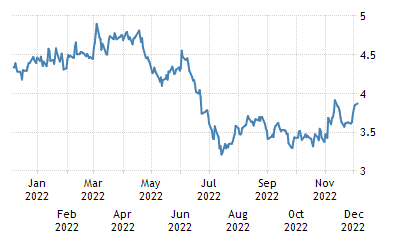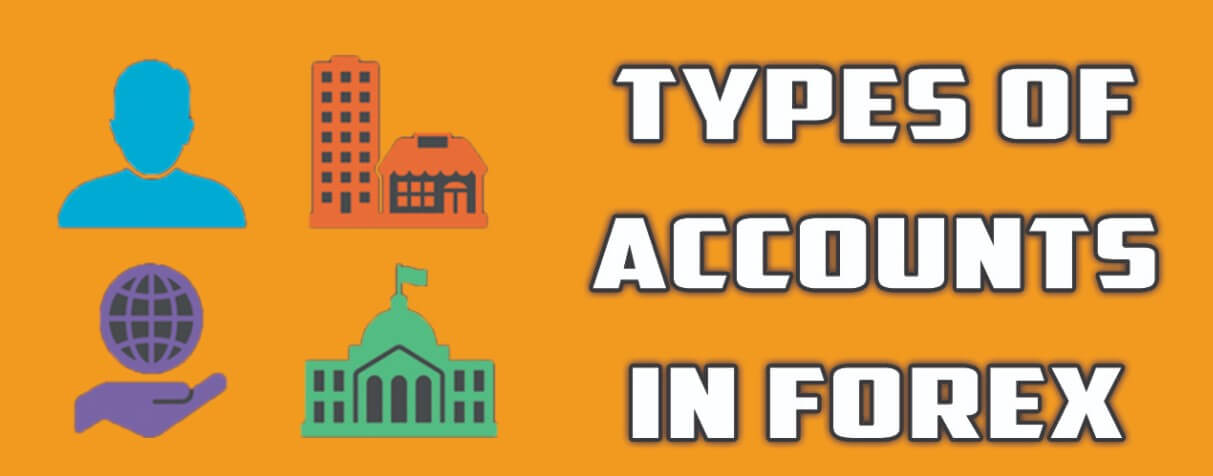
Are you looking to find stocks that have high payout ratios and yield high dividend yields? You've come to the right place! We will walk you through the most important aspects to consider when purchasing stock, such as sustainability and payout ratio. This information will help you make a smart decision when investing in Nasdaq stocks. These are just a few more tips that will help you make an informed decision. This article will help you determine whether a stock would be a good investment for your portfolio.
High dividend yields
While it may be tempting to buy high dividend yields in Nasdaq stocks, the risk of chasing high dividend yields is real. T. Rowe Price and Rio Tinto are just a few examples of companies that see their dividend yields rise as the stock falls. Investors who chase high dividend yields could end up losing money over the long-term. You could still get a large payout if you're patient and wait for the stock's dividend yield to fall.

High payout rates
Investors who want to earn high dividend yields should pay attention to the payout ratio. Companies with a payout ratio of more than 50% tend to be better investments than those with a payout ratio less than 50 percent. This way, their dividend payments can remain stable even if the company's earnings fall. One example is Citigroup (C), which trades for less than 6.5 times earnings or 60% of its tangible book value. With a yield of 4.3%, the company can easily pay its dividends with earnings. Analysts expect earnings growth will be higher next year. This means that investors can be rewarded for long-term investments in Citigroup (C).
Ex-date
If you want to invest in the stocks of Nasdaq companies, you must learn about the ex-date of dividends. An ex date is the day preceding the record date of a dividend. For example, if you bought a security on Tuesday, the stock will settle on Thursday. Assuming you are a shareholder at record on Thursday, you will be paid a dividend.
Sustainability of dividends
Dividend sustainability strategies must take into consideration the company's ability pay current dividends without any additional debt. As long as the payout ratio does not exceed one, the dividend is likely sustainable, but companies that pay out more in dividends than they earn may not be able to meet their debt payments. Companies that increase their dividends frequently should be considered for dividend sustainability strategies. They should have a history with dividend increases and a low ratio of payouts.

Investing in dividend growth stocks
Understanding why dividends are so important is essential when investing in stock. Dividends are an integral part of any portfolio. They also contribute to the overall return of a stock. Dividend growth stocks, aside from providing steady income for your portfolio, can also help protect it from market volatility. ETFs have a total expense ratio of around 0.1% and are commission-free.
FAQ
What is the difference between stock market and securities market?
The securities market is the whole group of companies that are listed on any exchange for trading shares. This includes stocks and bonds, options and futures contracts as well as other financial instruments. Stock markets are generally divided into two main categories: primary market and secondary. Stock markets that are primary include large exchanges like the NYSE and NASDAQ. Secondary stock markets allow investors to trade privately on smaller exchanges. These include OTC Bulletin Board Over-the-Counter, Pink Sheets, Nasdaq SmalCap Market.
Stock markets are important for their ability to allow individuals to purchase and sell shares of businesses. The value of shares depends on their price. When a company goes public, it issues new shares to the general public. These newly issued shares give investors dividends. Dividends are payments made by a corporation to shareholders.
Stock markets not only provide a marketplace for buyers and sellers but also act as a tool to promote corporate governance. Shareholders elect boards of directors that oversee management. They ensure managers adhere to ethical business practices. In the event that a board fails to carry out this function, government may intervene and replace the board.
How do I invest in the stock market?
Brokers can help you sell or buy securities. Brokers buy and sell securities for you. Brokerage commissions are charged when you trade securities.
Banks typically charge higher fees for brokers. Banks are often able to offer better rates as they don't make a profit selling securities.
A bank account or broker is required to open an account if you are interested in investing in stocks.
Brokers will let you know how much it costs for you to sell or buy securities. This fee will be calculated based on the transaction size.
Ask your broker about:
-
The minimum amount you need to deposit in order to trade
-
How much additional charges will apply if you close your account before the expiration date
-
What happens when you lose more $5,000 in a day?
-
How many days can you maintain positions without paying taxes
-
How much you are allowed to borrow against your portfolio
-
How you can transfer funds from one account to another
-
How long it takes for transactions to be settled
-
How to sell or purchase securities the most effectively
-
How to Avoid fraud
-
How to get help for those who need it
-
If you are able to stop trading at any moment
-
How to report trades to government
-
Reports that you must file with the SEC
-
How important it is to keep track of transactions
-
whether you are required to register with the SEC
-
What is registration?
-
How does it affect me?
-
Who must be registered
-
When should I register?
How are securities traded?
The stock market lets investors purchase shares of companies for cash. Investors can purchase shares of companies to raise capital. When investors decide to reap the benefits of owning company assets, they sell the shares back to them.
The supply and demand factors determine the stock market price. The price rises if there is less demand than buyers. If there are more buyers than seller, the prices fall.
You can trade stocks in one of two ways.
-
Directly from the company
-
Through a broker
Why is a stock security?
Security refers to an investment instrument whose price is dependent on another company. It may be issued by a corporation (e.g., shares), government (e.g., bonds), or other entity (e.g., preferred stocks). If the asset's value falls, the issuer will pay shareholders dividends, repay creditors' debts, or return capital.
What is a Bond?
A bond agreement between two parties where money changes hands for goods and services. It is also known as a contract.
A bond is normally written on paper and signed by both the parties. This document contains information such as date, amount owed and interest rate.
The bond is used when risks are involved, such as if a business fails or someone breaks a promise.
Many bonds are used in conjunction with mortgages and other types of loans. This means that the borrower must pay back the loan plus any interest payments.
Bonds can also raise money to finance large projects like the building of bridges and roads or hospitals.
A bond becomes due upon maturity. This means that the bond owner gets the principal amount plus any interest.
If a bond does not get paid back, then the lender loses its money.
Statistics
- For instance, an individual or entity that owns 100,000 shares of a company with one million outstanding shares would have a 10% ownership stake. (investopedia.com)
- Our focus on Main Street investors reflects the fact that American households own $38 trillion worth of equities, more than 59 percent of the U.S. equity market either directly or indirectly through mutual funds, retirement accounts, and other investments. (sec.gov)
- The S&P 500 has grown about 10.5% per year since its establishment in the 1920s. (investopedia.com)
- Ratchet down that 10% if you don't yet have a healthy emergency fund and 10% to 15% of your income funneled into a retirement savings account. (nerdwallet.com)
External Links
How To
How can I invest my money in bonds?
You need to buy an investment fund called a bond. You will be paid back at regular intervals despite low interest rates. These interest rates can be repaid at regular intervals, which means you will make more money.
There are many different ways to invest your bonds.
-
Directly purchase individual bonds
-
Buy shares of a bond funds
-
Investing with a broker or bank
-
Investing through a financial institution.
-
Investing with a pension plan
-
Invest directly through a broker.
-
Investing through a mutual fund.
-
Investing through a unit-trust
-
Investing with a life insurance policy
-
Private equity funds are a great way to invest.
-
Investing through an index-linked fund.
-
Investing through a Hedge Fund